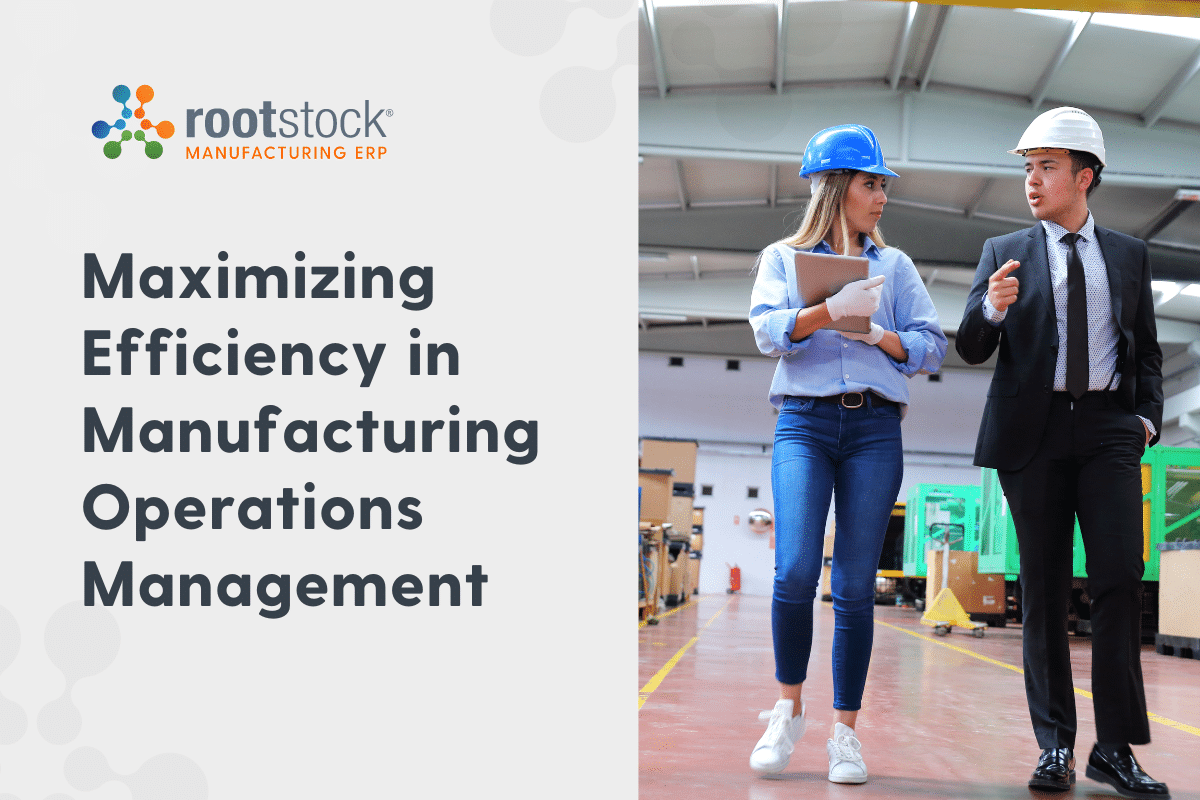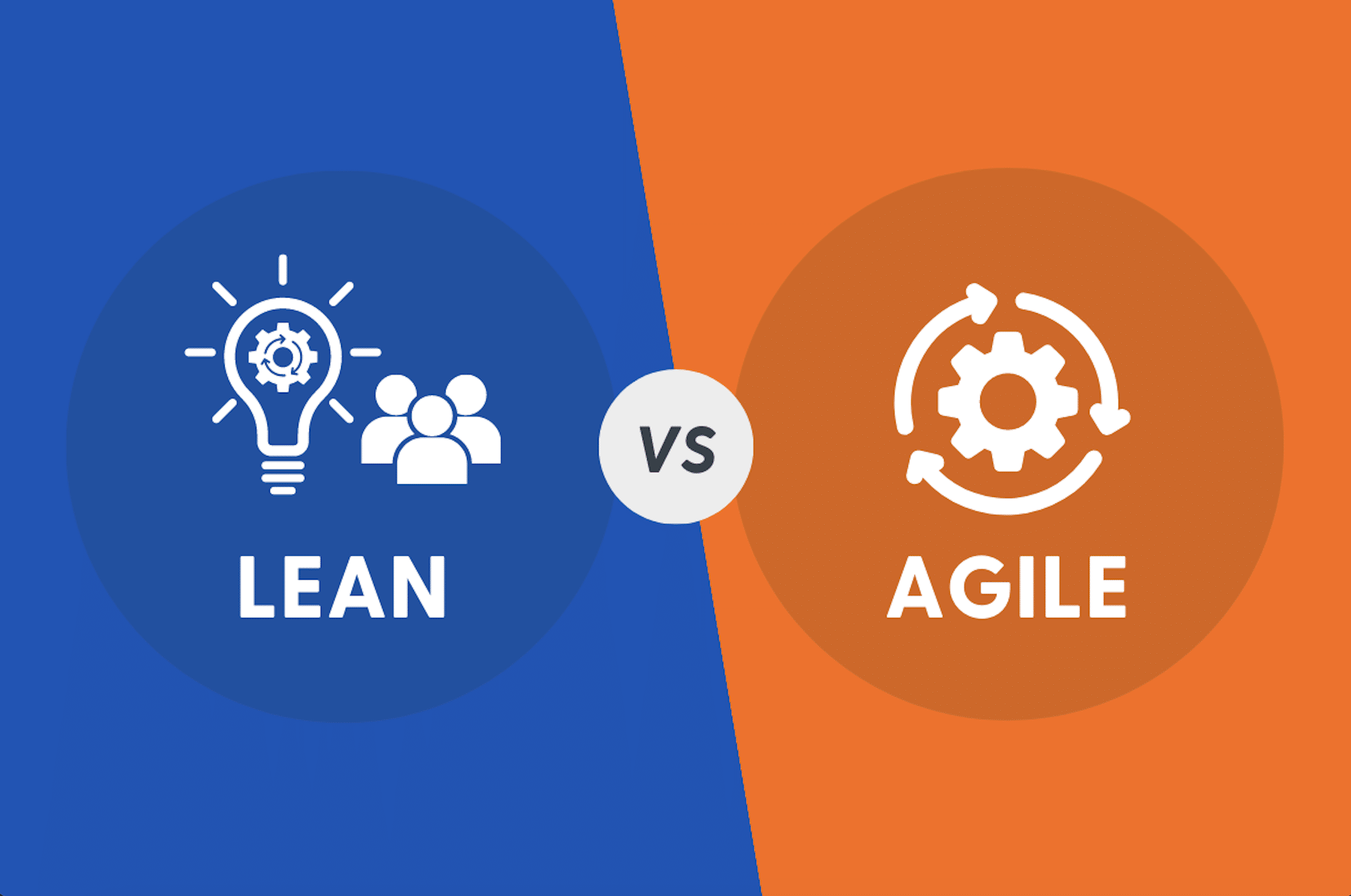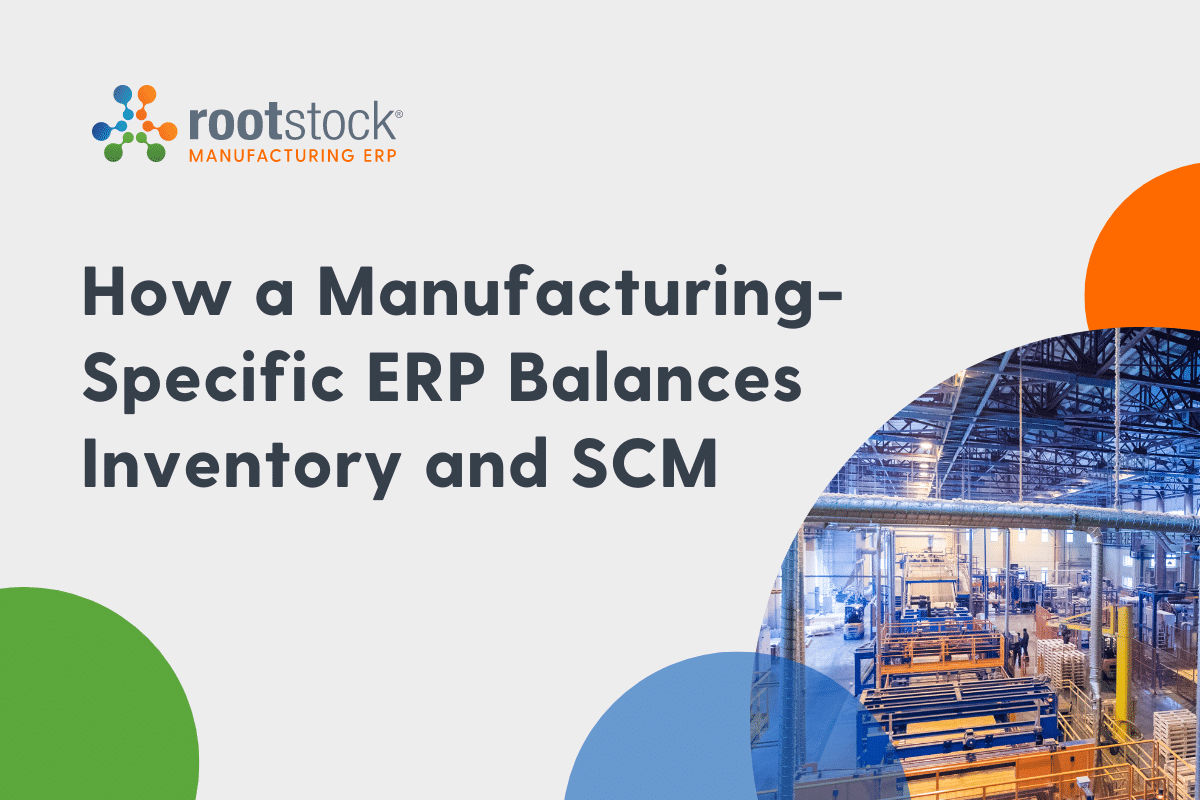When evaluating cloud ERP solutions, manufacturing firms need be certain that the software they ultimately select will help improve their business processes and help the business be more productive and profitable. Toward this end, firms should ask each vendor the following questions:
1. Does the software have the features that satisfy your business requirements?
You’ve made a detailed analysis of your business requirements and you know what you need your cloud ERP solution to do for your organization. The most important question to ask during the evaluation process is whether or not the software satisfies your most critical business requirements.
For example, does the vendor’s cloud ERP solution cover the manufacturing system requirements of build to order, build to stock and engineer to order? Is it flexible enough to cover multiple sites when your company grows? Does it provide shop floor controls that let you manage work order lifecycle and routing? Do you need the software to automatically convert customer quotations into orders for your products, and then automatically generate orders for your suppliers?
2. Will it decrease the number of steps required to perform specific tasks?
This question digs deeper into the software’s capabilities. Your cloud ERP software should be able to streamline your processes and ultimately let every department in your organization be more efficient and productive. After all, this is one of the main reasons to get a cloud ERP manufacturing solution.
Don’t just take the vendor’s word for it; when you take the software for a test drive, be sure to run through every critical workflow to make sure the software does what the vendor promises.
3. Will you have to adapt your business processes to the software?
The cloud ERP solutions that you evaluate should have the flexibility to accommodate your current business processes and add new ones as your organization grows. Does the software let you continue to follow your own processes and workflows or will you have to change those processes to fit the software?
You need to know how each vendor’s solution will affect your current business processes. How much will you have to adapt your processes and what will the impact of that be on your organization? Remember, any solution that does not support your current business processes will require that much more training for your employees.
4. Is the software easy to use?
It’s easy to overlook the importance of usability. If a vendor’s software seems difficult to use during a demonstration, think of how difficult it will be for all the users in your organization. There are unfortunately many cases where an organization chose a cloud ERP system based on the vendor’s promises only to find out later that the system is not easy to use. This defeats the very purpose of buying such a system. Looking at software usability is easy if you ask the right questions: Do you like the look and feel of the software screens? Is it easy to navigate the software? Is it fully mobile-ready and is the mobile software also easy to use? Does the software contain too many extra features that you don’t need? Are workflows easy to access and understand?
A system designed to be intuitive and user friendly lets your employees get up to speed faster. The faster your employees learn the new system, the faster your organization will reap the benefits of increased efficiencies and productivity, and the better your return on investment.
5. What is the total cost of ownership?
When comparing prices of different cloud ERP solutions, look past the sticker price and look at all of the costs involved with the purchase. Some costs are confusing or even hidden. Ongoing costs can include the software itself, implementation, maintenance, training and support. Before you make any final decision, you must consider all short- and long-term costs to determine the total cost of ownership. In fact, you should try to project the total cost of ownership over several years to get the most accurate picture.
Conclusion
These questions can help you determine if a cloud ERP vendor’s solution is right for you business. But they’re only the beginning.
In our next post, we’ll list more questions to ask the software vendors whose cloud ERP software you are evaluating.






